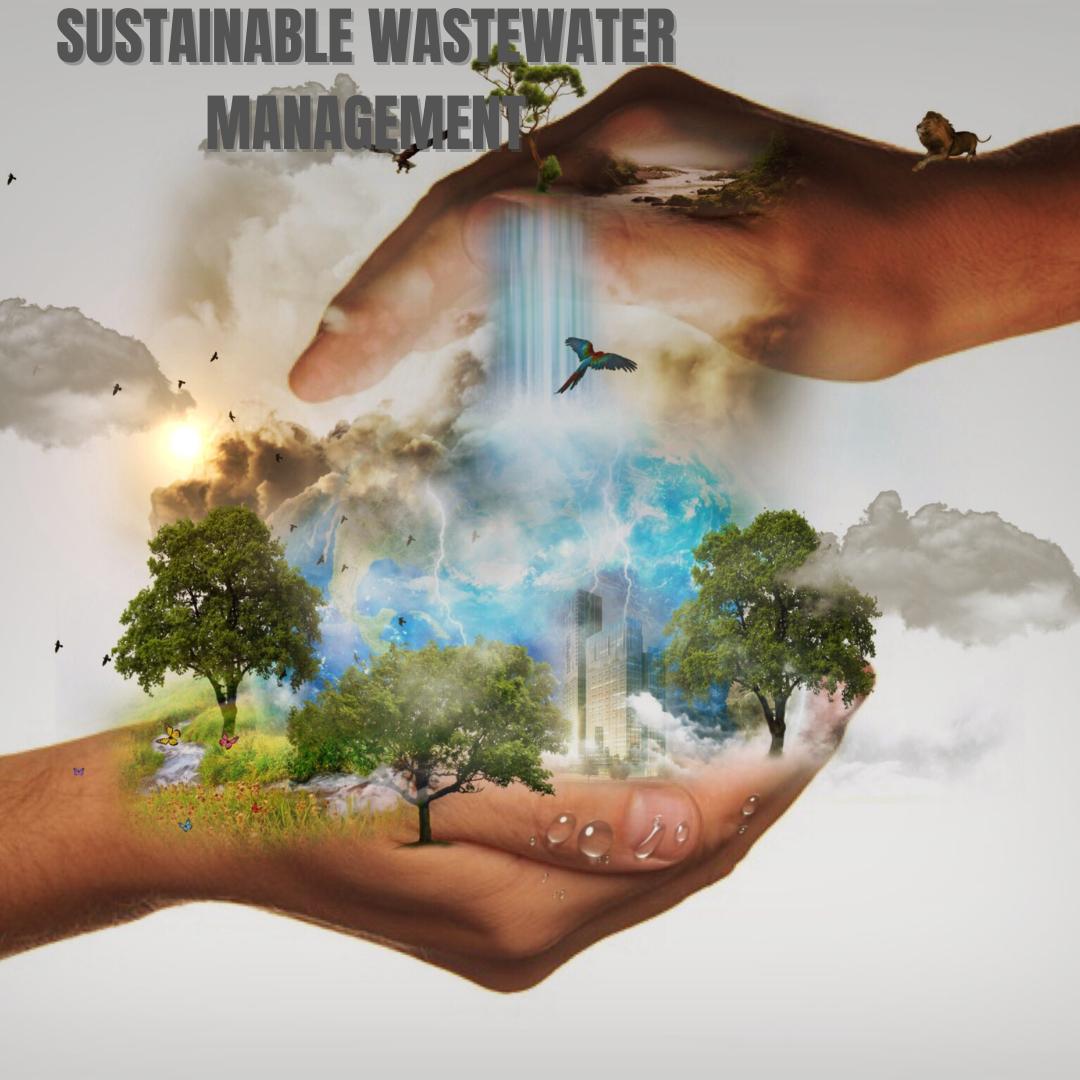
The Challenges of Wastewater Management
Globally, around 4.6 trillion cubic meters (m3) of water are used yearly. About 3% of the total available water on Earth is freshwater, and only 0.5% is available for human consumption. Due to irresponsible water consumption, 785 million (Mn) people lack clean drinking water. Prolonged water stress impacts public health and economic development, such as illnesses caused by contaminated waters, mass migration, and national conflicts.
The Impacts of Wastewater on Public Health and the Environment
Wastewater can have significant impacts on public health and the environment. Contaminated water can cause illnesses such as cholera, dysentery, and typhoid, and can also lead to the spread of waterborne diseases. Wastewater also contains harmful pollutants such as heavy metals, chemicals, and pathogens, which can have negative impacts on aquatic ecosystems and biodiversity.
Sustainable Wastewater Management Practices
Sustainable wastewater management practices are essential to protect public health and the environment. These practices include wastewater treatment, water reuse, and the use of water-efficient technologies. Wastewater treatment technologies can remove harmful pollutants from wastewater before it is discharged into the environment. Water reuse can also help to conserve water resources and reduce water stress.
The Role of Governments, NGOs, and Businesses in Sustainable Wastewater Management
Governments, NGOs, and businesses have a critical role to play in promoting sustainable wastewater management practices. This includes investing in education and outreach programs, providing funding for wastewater treatment infrastructure, and implementing regulations and policies that promote sustainable wastewater management practices. Businesses and industries also have a responsibility to manage their wastewater in a sustainable and responsible manner.
Sustainable Wastewater Management in Industry
Many industries are adopting sustainable wastewater management practices. For example, in the textile industry, which is known for its high water consumption and wastewater production, many companies are implementing closed-loop systems that recycle and reuse water in the manufacturing process. This can help to reduce water consumption and wastewater production, and also conserve water resources.
The Economic Benefits of Sustainable Wastewater Management
Sustainable wastewater management can also have positive economic benefits. By investing in sustainable wastewater management practices, we can create jobs, stimulate economic growth, and promote innovation and technological advancement. This can help to create a more equitable and sustainable world for all.
How Individuals Can Contribute to Sustainable Wastewater Management
Individuals can also play a role in promoting sustainable wastewater management practices. This can include adopting water-efficient behaviours such as reducing water consumption, repairing leaks, and avoiding the disposal of harmful substances down the drain. Individuals can also support sustainable wastewater management practices by supporting businesses and industries that prioritize sustainable practices and advocating for government policies that promote sustainable wastewater management.
The Future of Sustainable Wastewater Management
As the world continues to face increasing water stress and environmental challenges, sustainable wastewater management will become even more critical. There will be a need for continued innovation and investment in sustainable wastewater management practices, technologies, and infrastructure. The future of sustainable wastewater management will require collaboration and partnership among governments, NGOs, businesses, and individuals to create a more sustainable and equitable world for all.
Take Action Now for a Sustainable Future
It is essential to take action now to promote sustainable wastewater management practices. This can include supporting policies and regulations that promote sustainable practices, investing in sustainable infrastructure, and advocating for sustainable practices in our daily lives. By taking action now, we can help to ensure a sustainable future for ourselves and future generations.
Conclusion:
In conclusion, sustainable wastewater management is critical to protecting public health, promoting economic development, and ensuring environmental sustainability. Governments, NGOs, businesses, and individuals all have a role to play in promoting sustainable wastewater management practices. By investing in sustainable infrastructure, promoting sustainable practices, and taking action now, we can create a more sustainable and equitable world for all.





